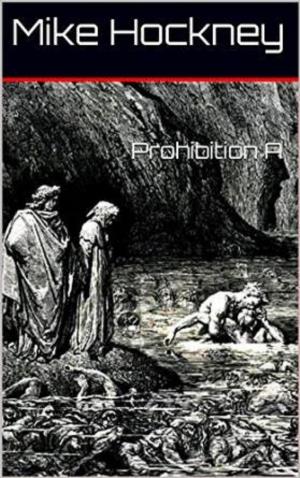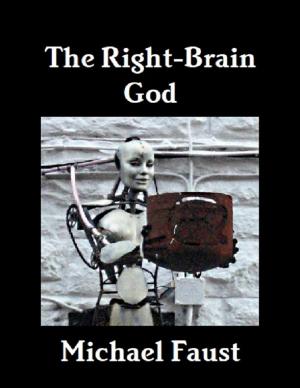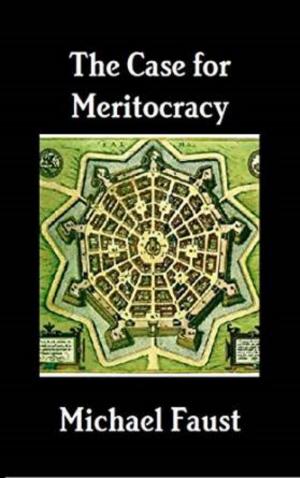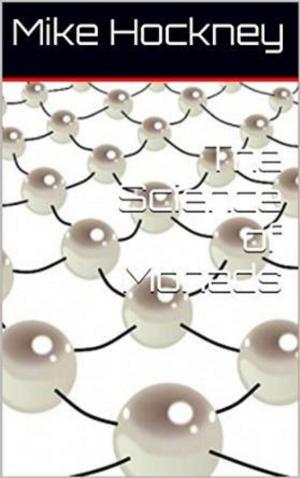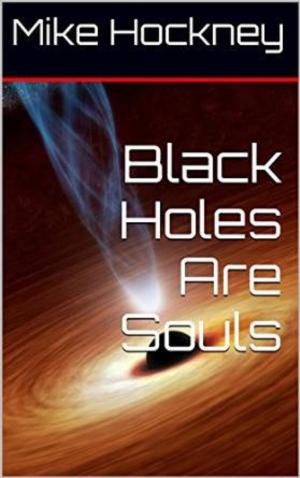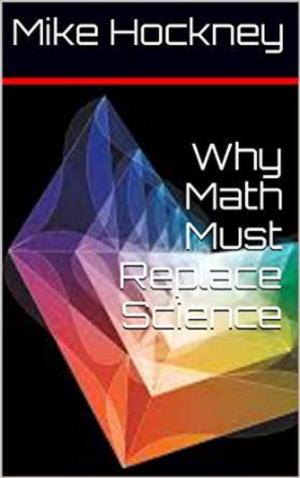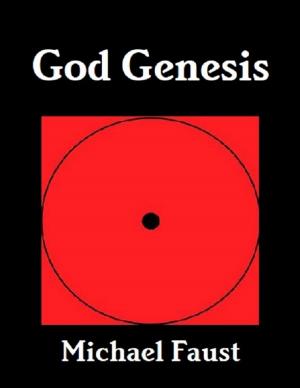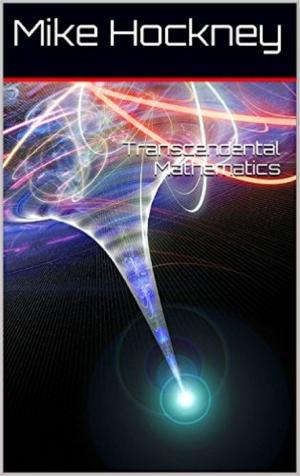| Author: | Mike Hockney | ISBN: | 9781311873774 |
| Publisher: | Mike Hockney | Publication: | May 1, 2016 |
| Imprint: | Smashwords Edition | Language: | English |
| Author: | Mike Hockney |
| ISBN: | 9781311873774 |
| Publisher: | Mike Hockney |
| Publication: | May 1, 2016 |
| Imprint: | Smashwords Edition |
| Language: | English |
“Without mathematics we cannot penetrate deeply into philosophy. Without philosophy we cannot penetrate deeply into mathematics. Without both we cannot penetrate deeply into anything.” – Leibniz
In intellectual history, perhaps nothing has been more misinterpreted than Gödel’s incompleteness theorems. Stephen Hawking, adopting the popular misconception, said, “Thus mathematics is either inconsistent, or incomplete. The smart money is on incomplete.”
This book is about the titanic struggle for the soul of mathematics, and reflects two immense battles in which mathematics is immersed to this day.
Firstly, if mathematics is tautology, as Wittgenstein said, mathematics cannot be inconsistent and/or incomplete, and so Gödel’s work cannot be about mathematics. If mathematics is not tautological, mathematics is necessarily mired in inconsistency and/or incompleteness, just as Stephen Hawking said, hence is wholly unreliable.
Secondly, if mathematics is non-ontological, it cannot say anything about reality. If mathematics is ontological, it’s the only thing that can say anything true about reality.
There can’t be a world where math is a bit true and a bit false. Either the world is wholly mathematical – in which case math and not science is how we must study the world – or the world isn’t mathematical at all, in which case it’s absurd for science to use math in its attempts to account for, or model, reality.
Math presents a deadly challenge to science. If math is real, we don’t need science. If math isn’t real, then science, which is so heavily reliant on math, is nonsense! The greatest challenge facing science isn’t to define and understand the universe, but to define and understand math.
Of course, it turns out that math and the universe are one and the same. Only if the universe is mathematical can it be rational and intelligible. It must be entirely mathematical since a universe that is partly mathematical and partly something else would be irrational and unintelligible given that mathematical things cannot interact with non-mathematical things (this would constitute a version of Cartesian dualism where two incompatible substances cannot interact since they have no common ground).
To understand what math actually is, you must strip all non-mathematical considerations from it. Are you ready to ponder existence in itself - bare existence - shorn of all subjective experiences, feelings, desires, sensations, perceptions, mystical intuitions, beliefs, opinions, and interpretations?
What is naked existence? What is existence in its rawest, oldest, most primitive and primordial state? Until you understand that, you will have no idea what it is when you impose an appearance on it.
“Without mathematics we cannot penetrate deeply into philosophy. Without philosophy we cannot penetrate deeply into mathematics. Without both we cannot penetrate deeply into anything.” – Leibniz
In intellectual history, perhaps nothing has been more misinterpreted than Gödel’s incompleteness theorems. Stephen Hawking, adopting the popular misconception, said, “Thus mathematics is either inconsistent, or incomplete. The smart money is on incomplete.”
This book is about the titanic struggle for the soul of mathematics, and reflects two immense battles in which mathematics is immersed to this day.
Firstly, if mathematics is tautology, as Wittgenstein said, mathematics cannot be inconsistent and/or incomplete, and so Gödel’s work cannot be about mathematics. If mathematics is not tautological, mathematics is necessarily mired in inconsistency and/or incompleteness, just as Stephen Hawking said, hence is wholly unreliable.
Secondly, if mathematics is non-ontological, it cannot say anything about reality. If mathematics is ontological, it’s the only thing that can say anything true about reality.
There can’t be a world where math is a bit true and a bit false. Either the world is wholly mathematical – in which case math and not science is how we must study the world – or the world isn’t mathematical at all, in which case it’s absurd for science to use math in its attempts to account for, or model, reality.
Math presents a deadly challenge to science. If math is real, we don’t need science. If math isn’t real, then science, which is so heavily reliant on math, is nonsense! The greatest challenge facing science isn’t to define and understand the universe, but to define and understand math.
Of course, it turns out that math and the universe are one and the same. Only if the universe is mathematical can it be rational and intelligible. It must be entirely mathematical since a universe that is partly mathematical and partly something else would be irrational and unintelligible given that mathematical things cannot interact with non-mathematical things (this would constitute a version of Cartesian dualism where two incompatible substances cannot interact since they have no common ground).
To understand what math actually is, you must strip all non-mathematical considerations from it. Are you ready to ponder existence in itself - bare existence - shorn of all subjective experiences, feelings, desires, sensations, perceptions, mystical intuitions, beliefs, opinions, and interpretations?
What is naked existence? What is existence in its rawest, oldest, most primitive and primordial state? Until you understand that, you will have no idea what it is when you impose an appearance on it.

